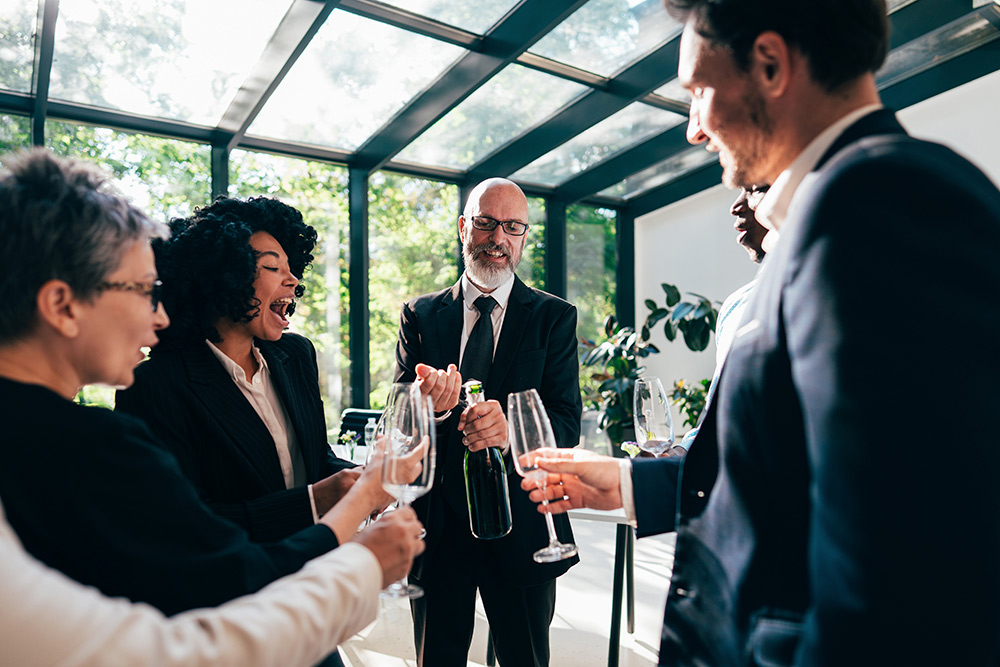Before businesses can open their doors to the public, they often have to go through the long process of acquiring the proper licenses and permits. To successfully acquire the correct licenses to operate, the government body issuing the permit often requires that applicants meet a number of prerequisites. One major prerequisite is that applicants must disclose the type of activity that will be undertaken at the business location or premises, and that the applicant honors this disclosure.
The type of desired activity dictates the type of required license. For instance, in Chicago, opening a business that sells or serves alcohol requires a license—and there are several classifications of liquor license. The same can be said for any business that opens up its doors to a larger number of the public. Two different licenses could potentially apply: Public Place of Amusement (PPA) license or Performing Arts Venue (PAV) license. Often times businesses will utilize them together in a space to have a multifunctional business.
What if I engage in activities that aren’t permitted by the license in Illinois?
Reporting one type of activity to the licensing department while engaging in another, completely different activity is risky, and it can lead to the rejection and even revocation of licenses issued by the government. For instance, if a business owner that was applying for a license to run a small pottery studio space decided to host large parties open to the public —i.e. a party with booze and an admission fee—then the applicant could very easily get rejected.
One very real example happened in the City of Blue Island, where a business applied for business license from the City to operate a bakery with occasional “theme days.” However, the City learned that the applicants had hosted events without proper license, including a “Culture and Comedy game night.” The business also had planned activities, such as a Halloween Costume Party with an admission fee and BYOB policy. Both of these activities, while fun and useful for generating business, were not congruent with the stated purpose of a small bakery. Ultimately the business’ application was denied. The denial was based on code violations and a misrepresentation of purpose of the business in its application.
How to avoid losing your license in Illinois
It’s incredibly important to carefully follow all codes and regulations and to engage only in the permitted activities allowed under a certain license. The example in Blue Island is only one of many situations where applicants have lost their license for engaging in activities that aren’t within the scope of permitted by the license.
While it can be exciting to host events such as large parties that are open to the public, they can also serve as a double-edged sword; ultimately leading to fines, fees and loss of a future business opportunity. If you have any questions about whether an event or opportunity is legal under your license, give 1818 a call so we can help steer you in the right direction.



